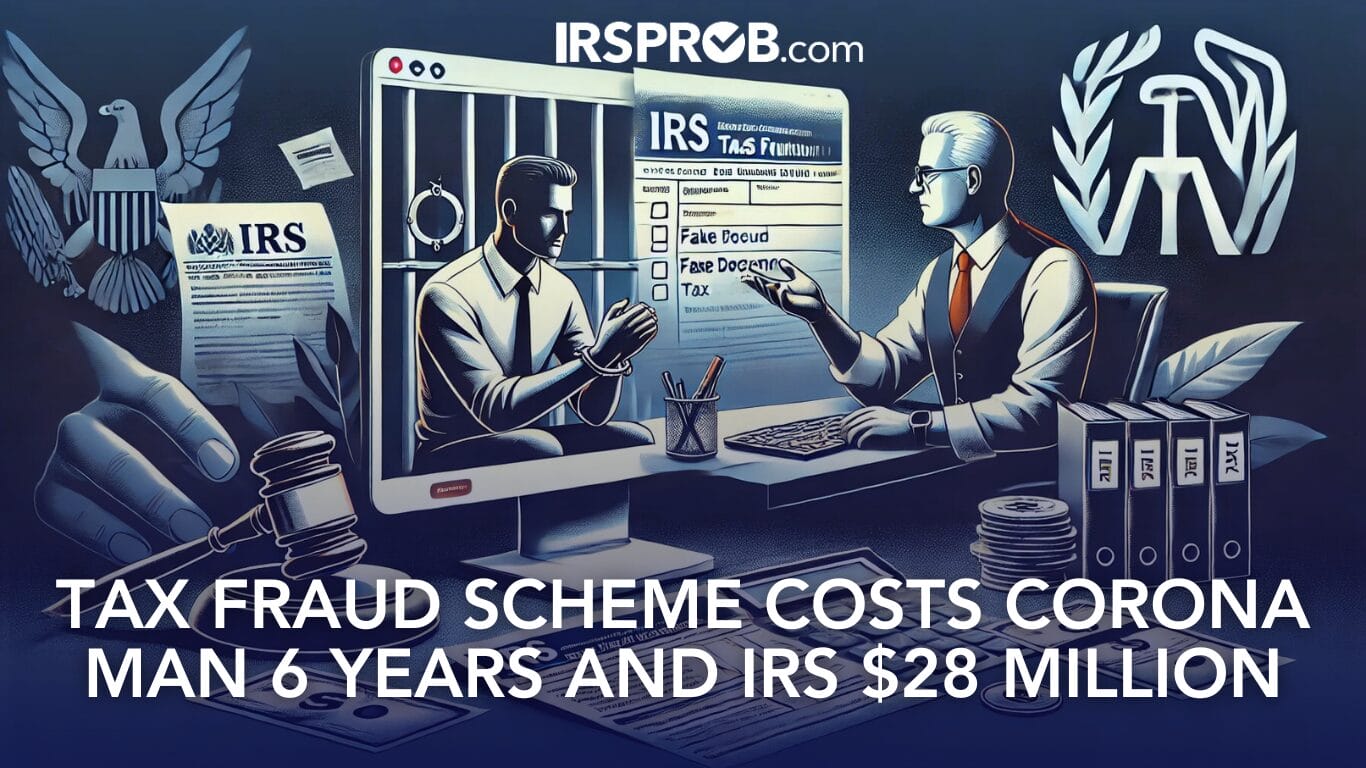
For business owners, finding a trustworthy tax preparer is essential. However, as seen in the recent case of Salvador Gonzalez, a Riverside County man sentenced to six years in prison for tax fraud, it’s also critical to remain vigilant. Gonzalez, who operated a tax preparation business, was involved in a decade-long scheme that defrauded the IRS out of at least $28 million. He directed clients to create fake corporations, where they would attribute personal expenses as business losses, significantly reducing their tax liability. Here’s what every business owner should know to avoid falling into similar traps.
How Fraudulent Preparers Operate
In Gonzalez’s case, his tactics were straightforward but highly deceitful. He encouraged clients to establish sham corporations and title their assets under these entities. By doing so, clients could falsely report personal expenses as business costs, thereby creating artificial losses that reduced their taxable income. Additionally, Gonzalez fabricated deductions, including unreimbursed employee expenses, charitable contributions, and medical expenses, further lowering his clients’ tax bills.
This case underscores the risks involved with fraudulent tax preparers who prioritize personal gain over compliance. Gonzalez charged $500 per return initially, later shifting to a fee model based on clients’ gross income, maximizing his profits at the expense of his clients’ integrity and financial security.
Recognizing and Avoiding Tax Scams
To protect yourself and your business from tax fraud, consider these tips for choosing a reputable tax preparer:
- Verify Credentials: The IRS provides a directory of qualified tax preparers, including CPAs, enrolled agents, and tax attorneys. It’s essential to verify credentials and choose someone with a proven track record.
- Look Out for Red Flags: Be wary of preparers who promise substantial refunds or encourage dubious deductions. The IRS prohibits taxpayers from deducting personal expenses like mortgage or utility bills as business expenses. If it sounds too good to be true, it probably is.
- Insist on Transparency: Ensure that your tax preparer is transparent about fees and their filing process. If a preparer bases their fee on a percentage of your refund, this could indicate potential misconduct, as it provides an incentive for them to inflate your return.
- Review Your Return: Before signing, carefully review your tax return to ensure accuracy. Confirm that your income, deductions, and credits are reported correctly. The IRS expects taxpayers to know the information in their returns, regardless of whether someone else prepared them.
- Know the Consequences: Engaging in fraudulent tax practices can lead to severe repercussions, including









